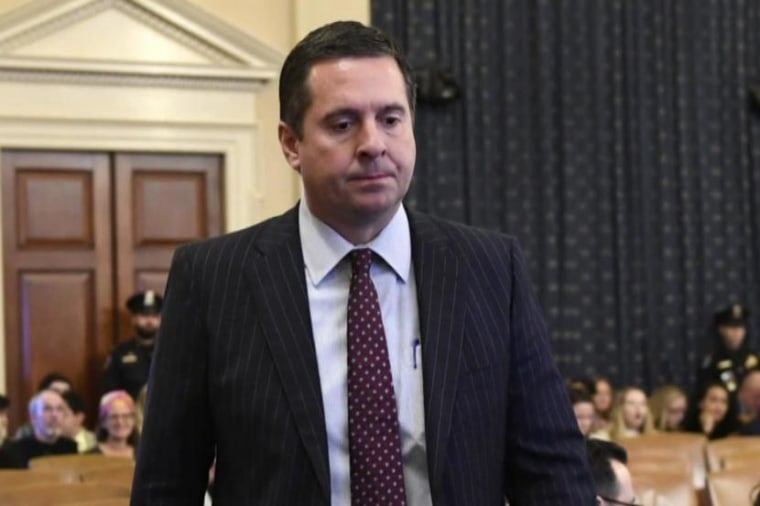The Office of the Director of National Intelligence (ODNI) this week released a declassified intelligence community assessment on foreign threats to our 2020 elections, and the top-line takeaway was important: Russia once again targeted our political system for the express purposes of giving Donald Trump power.
Indeed, as we discussed yesterday, Vladimir Putin and the Kremlin relied on the same cast of characters as their 2016 effort: the U.S. intelligence community specifically focused attention on Russian influence agent Konstantin Kilimnik who was responsible for trying to "denigrate" then-candidate Joe Biden in order to "benefit" Donald Trump's re-election prospects.
But as important as these revelations are, they're not the only lessons to be learned from the intelligence community's findings. This week's ODNI report also made clear that many leading Trump administration officials deliberately misled the public about foreign threats, especially related to alleged Chinese election interference.
I was also struck by multiple references in the intelligence community's findings to a pro-Russian official by the name of Andriy Derkach. The Washington Post reported:
The intelligence community, for instance, assessed that Putin "had purview over" the activities of Ukrainian lawmaker Andriy Derkach, who played a prominent role in advancing the misleading narrative alleging corruption between Biden and Ukraine. [Rudy Giuliani] met with Derkach, whom the United States has sanctioned as an "active" Russian agent, in Ukraine and in the United States in 2019 and 2020 as Giuliani sought to release material that he thought would damage Biden. Last year, Derkach disclosed edited audio snippets of conversations Biden had as vice president with Ukrainian officials in an attempt to cast aspersions on him.
It's obviously not great that Donald Trump's personal lawyer partnered with a Russian agent, directed by Putin, on an anti-Biden scheme while the Kremlin was working on helping keep the then-Republican president in power.
But Rudy Giuliani wasn't necessarily Andriy Derkach's only point of contact. In fact, his name may be familiar to regular readers.
It was last year, for example, when we learned that Derkach claimed he fed information to Sen. Ron Johnson (R-Wis.), who was searching for anti-Biden dirt ahead of last fall's elections.
Asked last summer whether he'd possibly relied on information from pro-Kremlin Ukrainians, the Wisconsin Republican appeared reluctant to answer, saying only that he and the Senate committee he led "are getting information from a variety of sources."
A month earlier, at a House Intelligence Committee meeting, Rep. Sean Patrick Maloney (D-N.Y.) pressed Rep. Devin Nunes (R-Calif.) -- the panel's top GOP member -- on whether the Republican had received anti-Biden information from Derkach.
According to a transcript from the closed-door discussion, Nunes didn't want to answer.
It was against this backdrop that Maloney spoke yesterday to MSNBC's Nicolle Wallace and said, "[T]he fact is that [Russian operatives] were so comfortable using people like Devin Nunes that Andriy Derkach -- a known Russian asset -- sent information to Devin Nunes at the Intelligence Committee. We literally had the package receipt."
Given the circumstances, the intelligence community's assessment raises some difficult questions for Trump and Giuliani, but they're not the only ones in an awkward position.

